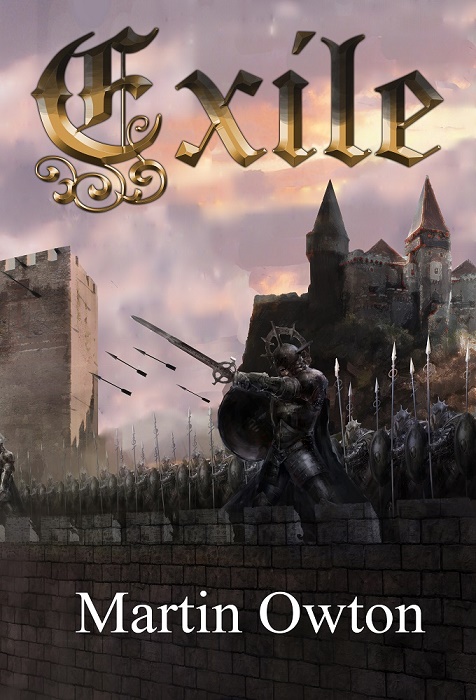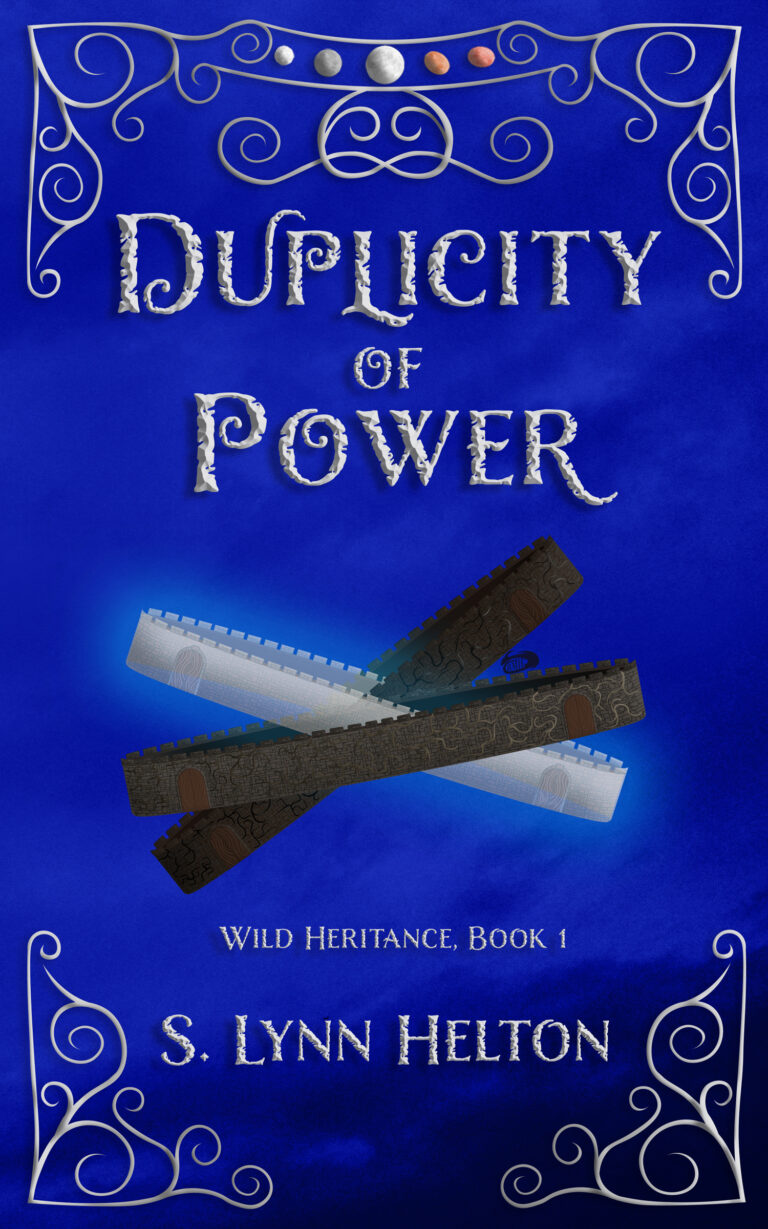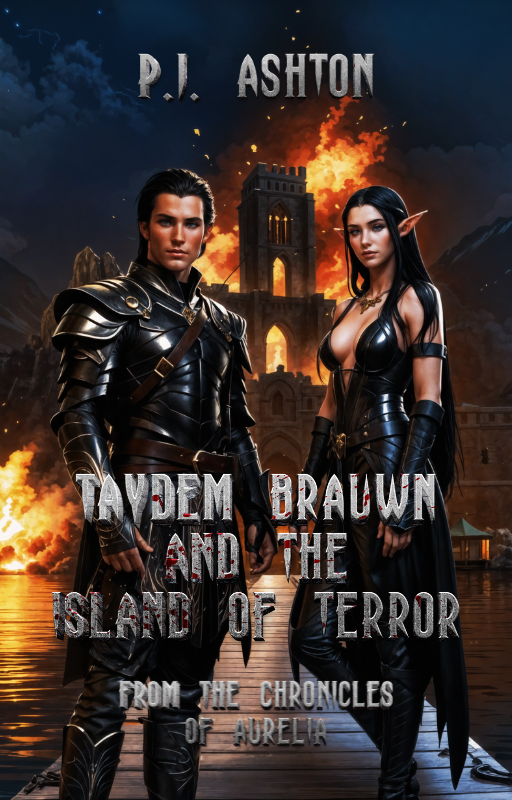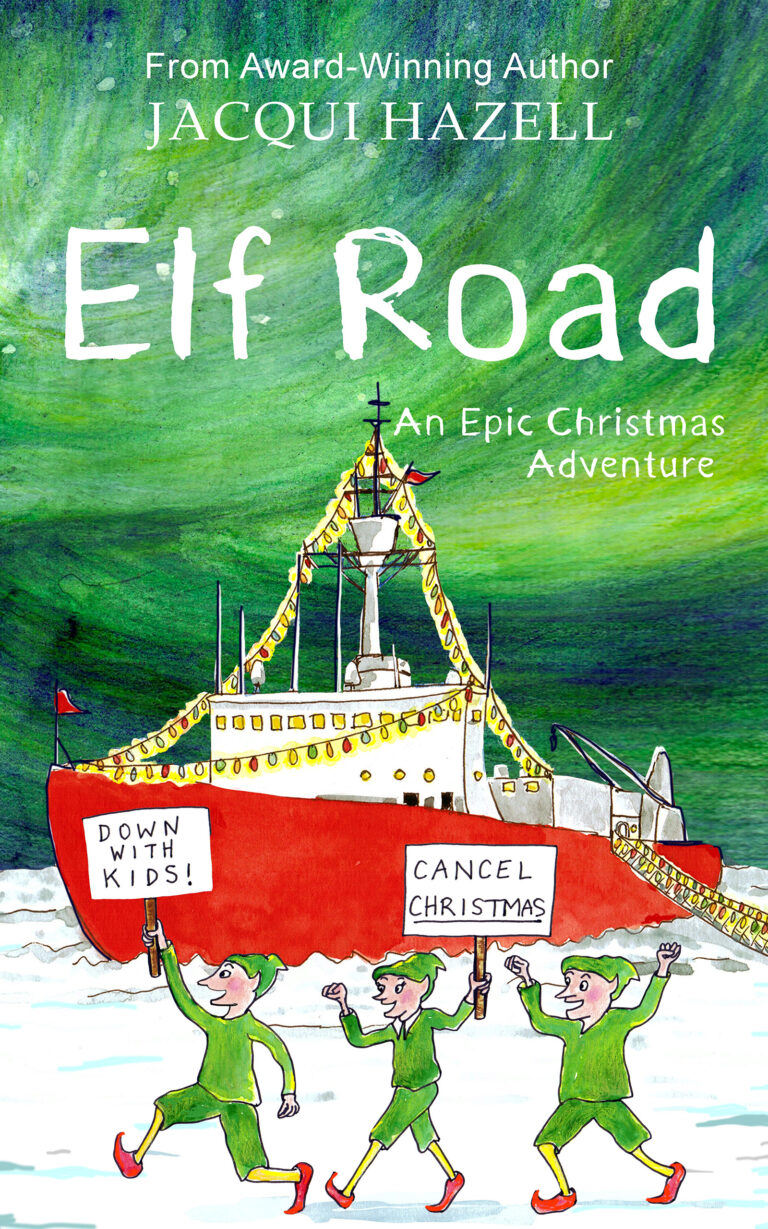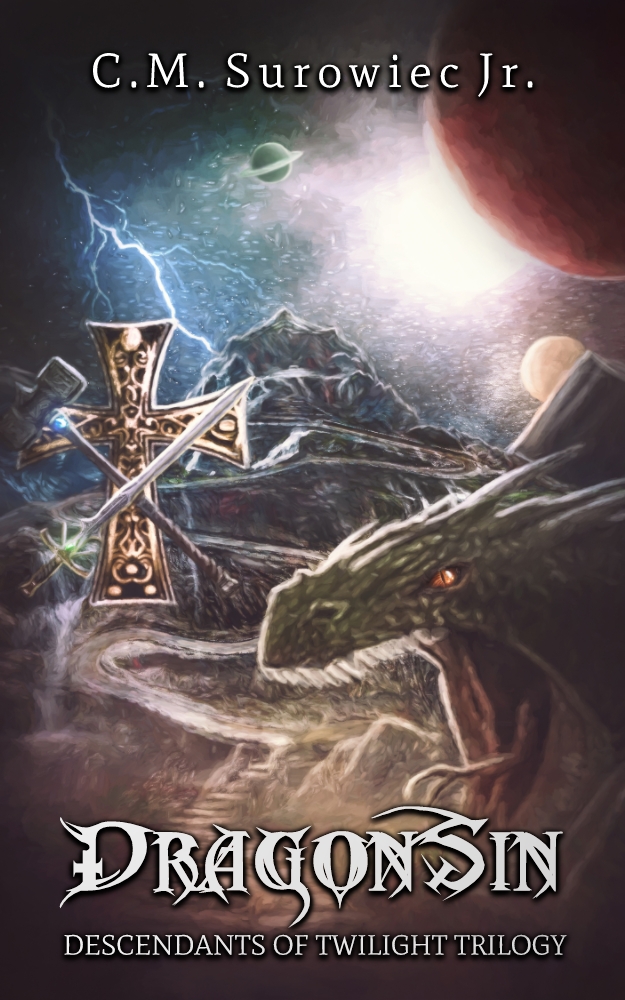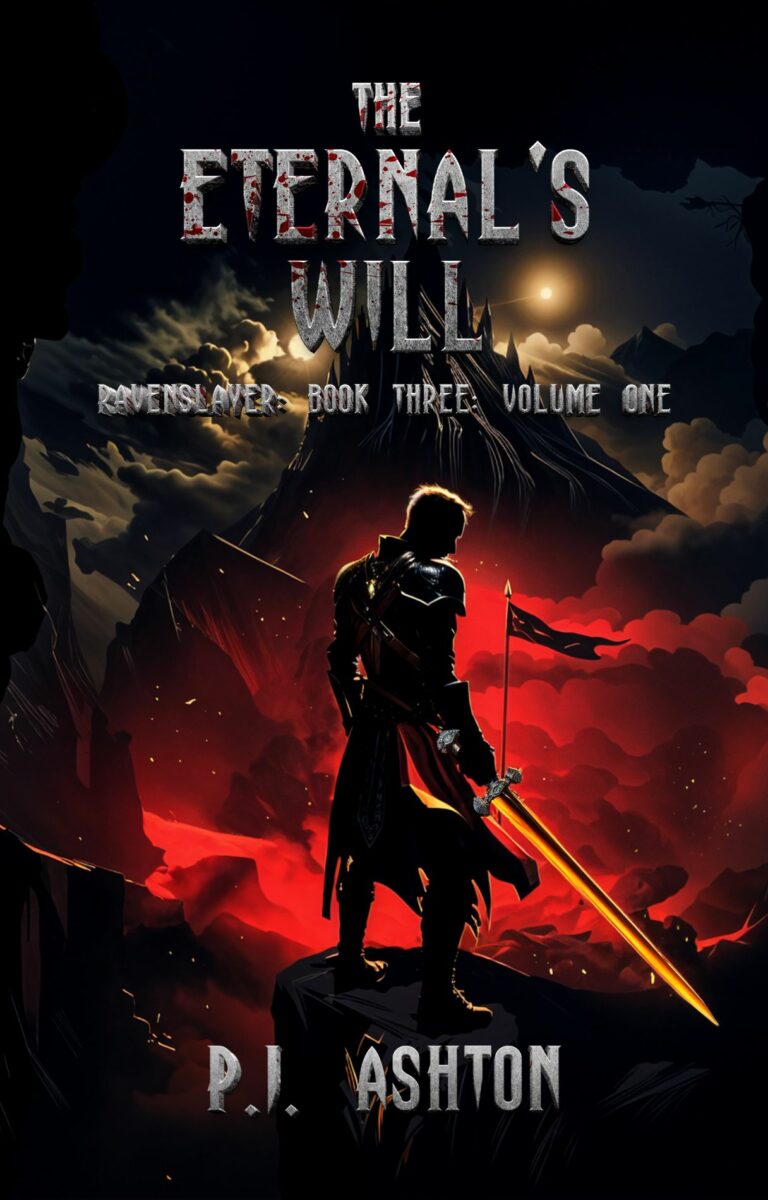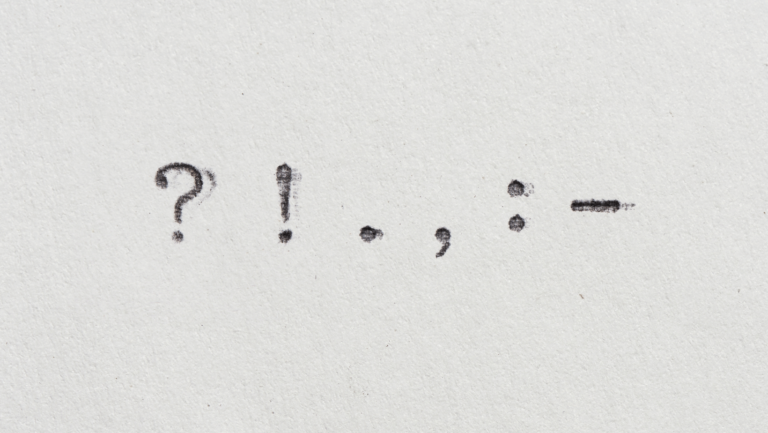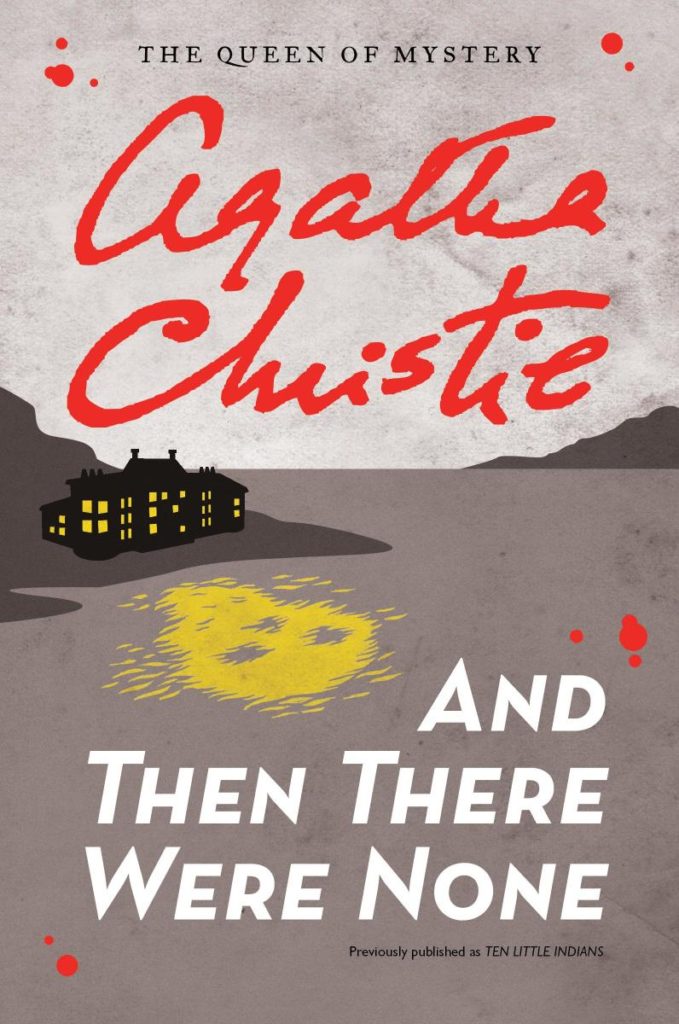
- A mystery worthy of all its accolades, Christie takes us on a sinful journey of judgment, leading to an epilogue both mystifying and tremendous.
And Then There Were None
Few novels have had the impact that Christie’s ‘And Then There Were None’ has had. And yet, though the legacy goes strong, much as many other classics, such as Harper Lee’s ‘To Kill a Mockingbird’, its story still remains elusive to even the most seasoned of readers.
Christie herself stated that this was the hardest novel to edit, and rightly so: the complicated sequence of events, careful pacing, and equal interest in each character combined with an almost guilty pleasure in seeing them squirm allows readers to revel in the unknown.
The island itself, along with the canned tongue, lends such a strong aura of credibility to the time and place that one can only imagine it to be so. Readers are sure to fly through the pages once infected with curiosity, consuming what can arguably be called one of the most unique novels of our time.
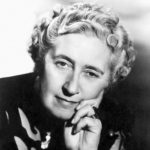
According to Index Translationum, she remains the most-translated individual author. Her novel And Then There Were None is one of the top-selling books of all time, with approximately 100 million copies sold. Christie's stage play The Mousetrap holds the world record for the longest initial run.

